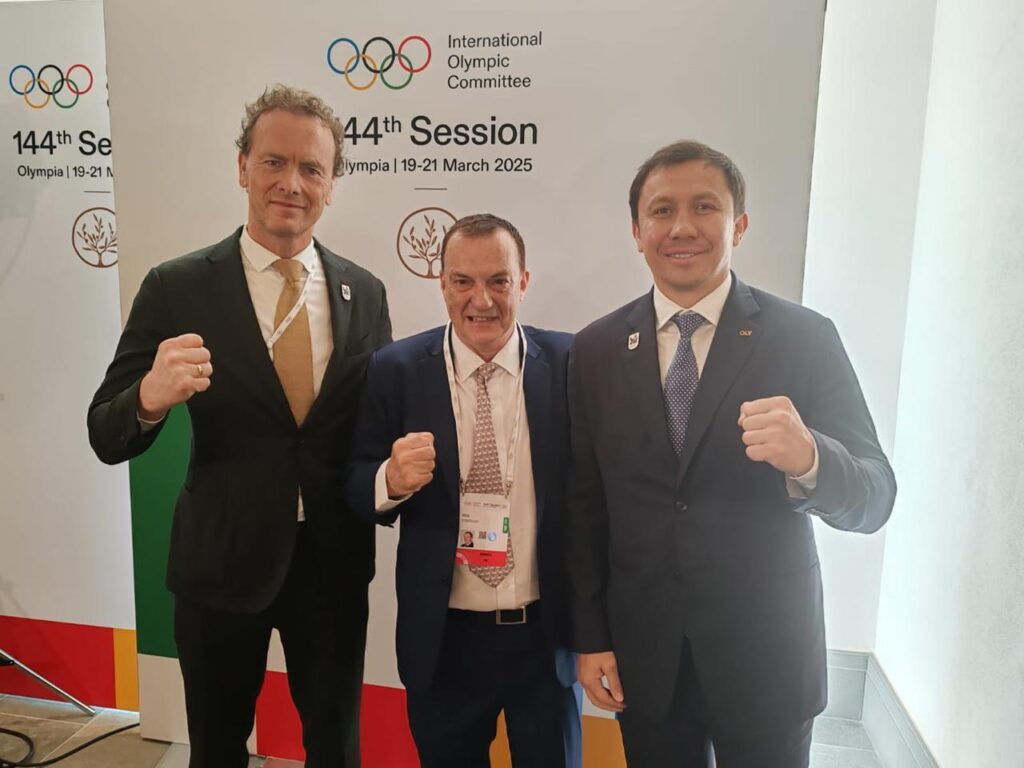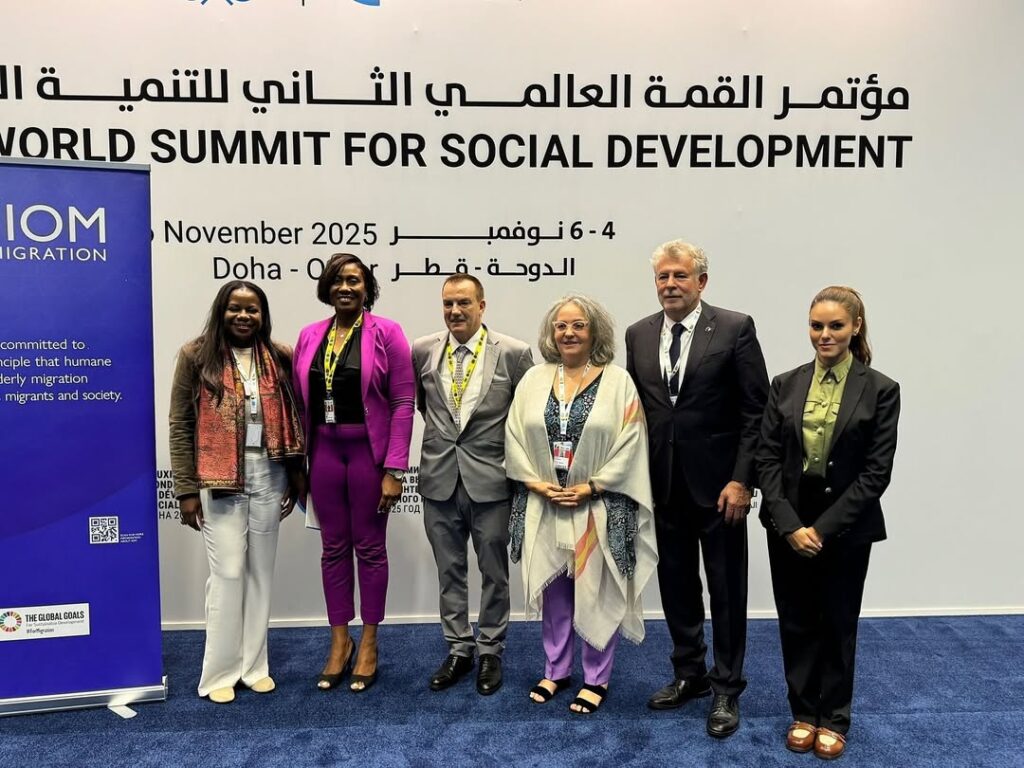
When the postponement of the Olympic Games in Tokyo was announced, Bruce Danberry didn’t think he would be able to continue his passion of volunteering at the Games for the sport he loves, hockey.
The business analyst from England is one of the lucky few international Field Cast sports volunteers at the Olympic Games Tokyo 2020, able to participate in the Games due to his sport-specific experience. Bruce is working at the Oi Hockey Stadium, supporting the work to ensure that the field of play is of optimum condition for the athletes.
“I honestly thought when the pandemic brought the postponement that the Tokyo dream was probably over,” says Bruce.
Despite the challenges linked to restrictions on travel to Japan, Bruce was determined to make the most of the opportunity to experience being part of an unprecedented Games edition. His dedication to volunteering is even more special as these are his third Games, having volunteered at Rio 2016 and London 2012, all in the sport of hockey.
“I decided to volunteer again as it’s a chance to put something back into the sport of hockey that I love and have been involved with all my life,” he explains. “The Olympics are special – there is something about the Olympic Movement that brings the best out of people; it’s unique. It’s difficult to describe, as it’s so much more than just the sport on the field of play.”

Bruce is one of 70,970 volunteers who have been united by the spirit of volunteering – the oldest volunteer being 91 and the youngest being 19. Only 110 of them are from overseas, able to enter Japan based on their sports expertise.
Volunteers are essential to the delivery of the Games and have been a contributing factor to their success since the tradition began at the Olympic Games London 1948. The legacy of volunteering has remained strong and also helps to promote the culture of volunteering across the host country.

For the majority of Field Cast volunteers who are based in Japan, volunteering at the Games is an opportunity to passionately continue the Olympic tradition and be a part of the legacy of the Games.
“I was determined to participate as a volunteer as soon as the Tokyo 2020 Olympics were decided,” says KATO Mariko, a press operations volunteer from Japan at Ariake Tennis Park, who became passionate about volunteering from her experience at the FIFA World Cup in 2010 in South Africa.
“The pandemic has changed our life unreasonably, and every single person’s life has been affected. But I think we need these peaceful Games more than ever in this situation because I believe in the power of sport.”
The entire experience is also a key part of the legacy of the Games, as emphasised by Mariko.
“My six-year-old son learned about the Olympic Games vision at school, and about ‘unity in diversity’ and ‘accepting one another’,” she says. “I am expecting these Games will make my children understand there are many different people, and they are all special.”

The Tokyo 2020 Games aim to contribute to the recovery efforts of areas affected by the 2011 Great East Japan Earthquake by using the power of sport and the Olympic flame’s symbolism of hope and peace.
NISHIYAMA Yui, a volunteer at Ariake Arena supporting volleyball athletes, also served as a volunteer in the disaster areas. She believes in the power of sport to support the recovery process.
“I think that the Tokyo 2020 Games can contribute to the recovery and reconstruction of the affected areas, and especially the recovery of people’s hearts,” she said. “Seeing athletes from Tohoku and Japan performing in front of the world will bring hope and dreams to many people, as well as excitement to the affected regions and the rest of Japan. It will build bonds through sport to complete the recovery of the affected areas.
“I believe that Tokyo 2020 will make Japan look to the future, make its people believe that they can overcome anything when faced with adversity, and [help it] become a more diverse country that respects people’s differences.”
The Tokyo 2020 Field Cast volunteers are continuing their tireless efforts to support various operational roles Games-wide. Their contributions are essential to the success of the Olympic Games.



